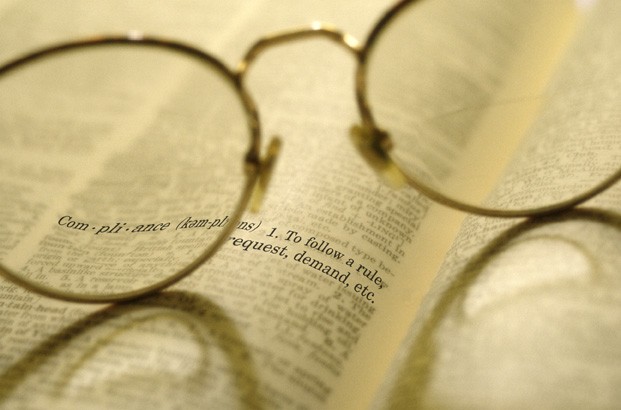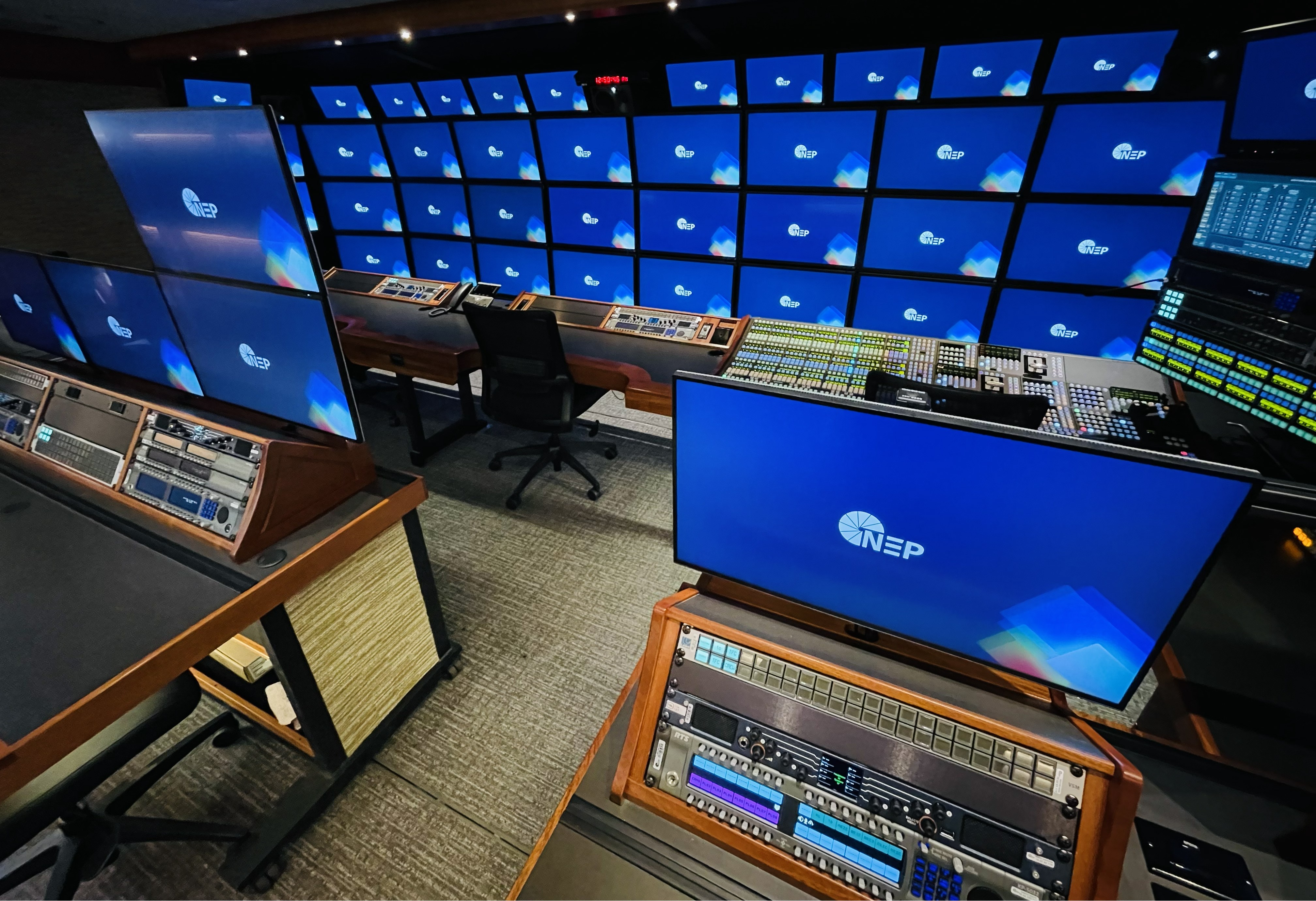McAdams On: Mindfulness
The professional video industry's #1 source for news, trends and product and tech information. Sign up below.
You are now subscribed
Your newsletter sign-up was successful

LOS ANGELES: Let’s be clear. I just have a platform. That does not mean I begin to think I have much of anything over on anyone. Sometimes I get lucky and provide a voice for someone without one. That’s the greatest reward there is for writing in a public arena. It makes up for all the flaming that also comes with the territory. There’s the old saw about how if you’ve angered everyone, you must have done something right. Let’s hope.
I know it seems like I always have something to say, and when I don’t I come up with something anyway. But for the life of me I cannot come up with a single cogent articulation about the ongoing nightmare in Japan. And I apologize for that, because I feel a need beyond my own for the expression of an admixture of horror, bafflement, grief and amazement. Images of entire towns swept from the map leave me paralyzed inside. I struggle to process the footage of the tsunami slowly engulfing a seawall and crushing 40-foot fishing vessels like origami boats. I cannot get my mind around the video images of Sendai neighborhoods swirling and drifting away on a wave of sludge, with people on the edge of the chaos trying to save one another. Tears come to my eyes thinking about it. That’s useful.
The death toll is now around 7,000. Another 10,000 people are missing. Something like 500,000 are displaced. In the meantime, a steady parade of Japanese people are walking into the leaking Fukushima Daiichi nuclear plant knowing full well they’ll likely walk out of it with much less of their lives. Keiichi Nakagawa, associate professor at the University of Tokyo Hospital’s Department of Radiology, offered a terribly ironic and poignant assessment of the Fukushima workers after the Japan health ministry doubled the legal amount of radiation to which they could be exposed.
“I don’t know any other way to say it--this is like suicide fighters in a war,” he was quoted as saying.
The recollection of Hiroshima and Nagasaki is clear, and in Japan, as here, the last remaining survivors of that era are few. But their legacy of that time of death, disfigurement and devastation was passed forward to a generation that now battles the same demon or watches from afar.
There’s nothing that can be said of any consequence here. One can give to the Red Cross; bow one’s head. If anything, this calamity does provide the opportunity for clarity. To be reminded of what’s important, and how life can irrevocably change in the space of a moment. And how inextricably our lives here in the United States are linked with our Japanese brothers and sisters. That much of what we do and how we work revolves around their skills and productivity. The things they make in their daily lives are the things we use in ours.
Next month, nearly 100,000 people in the television industry will converge in Las Vegas for the annual NAB Show, and it likely will be the usual pageant of technology, issues, receptions, events and competitive announcements that it is every year. I would hope, however, that we retain a mindfulness with each and every of our interactions, and conduct ourselves with just a bit more compassion. Nasake wo hito no tame narazu. Kindness is not just for the sake of others.
--Deborah D. McAdams
Namaste
The professional video industry's #1 source for news, trends and product and tech information. Sign up below.
